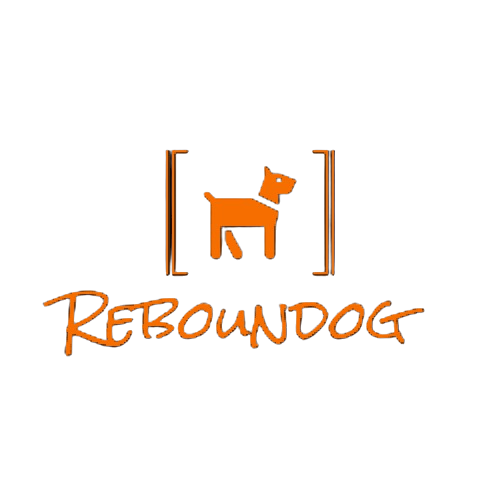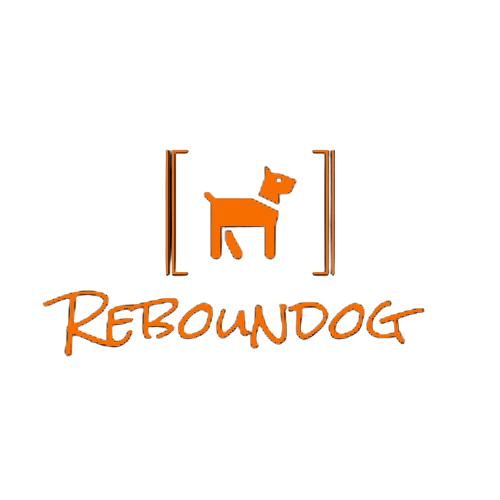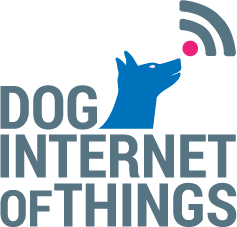Help keep dogs out of shelters Part III: What are the signs of puppy mills?

By reading part I and II of this series, you have learned what puppymills and backyard breeders are. In this issue of the series, you will learn how to recognize a dog seller that is actually a puppymill enterprise or a backyard breeder and NOT a high quality pure bred dog breeder.
Puppies from puppy mills and backyard breeders are NOT purebred puppies
Puppies from puppy mills and backyard breeders are anything but purebred, and most often they are something completely different from the breed the dealer says they are selling. Over the many years of working with clients, I have met numerous puppy mill dogs sold to their dog parents as Shitzus, but the dogs look more like Yorkshire Terriers or Coton De Tulears! Sometimes, a supposed Boston Terrier looks like a Jack Russel!
So you might ask what's the problem with puppies that are sold with inaccurate breed names? Well, the problem for you will be that you will be expecting to raise a puppy with a general temperament associated to the breed you decided on. But raising a puppy with an unknown genetic makeup can leave you unprepared to cope with the primary breed behavioural tendencies.
Studies show that you can't rely on visual breed identification! Most non-purebred breeds rarely conform to the primary breed DNA. Meaning, they may look like one breed, but have the characteristics of another.
For example, let's say you buy a puppy that is supposed to be a chocolate colour Labrador but it turns out to have the primary genetic composition of a German Shepherd instead of a Labrador! You will end up with a guard dog instead of a retriever type breed. Plus, you will not know that you have purchased a German Shepherd until time has passed and you see a certain pattern of behaviour. This is something you definitely weren't expecting when you purchased what you thought was a Chocolate Lab!
Puppies from Puppy Mills and Backyard Breeders are not the same as an old fashioned mutts either
Old fashioned mutts may have been healthier
You might have heard that mutts are healthier than purebred dogs because many purebreds have been overbred. So let's discuss this aspect. So yes, decades ago, traditional mutts found in shelters may have been healthier than substandard purebred dogs at that time. But, as you are now aware, today's shelters are full of breeds which likely began their lives in puppy mills or backyard breeders. And as already discussed, such dogs are predisposed to poor health and temperament. This is the same with mixed breeds that end up in shelters.
Don't contribute financial rewards to puppy mills and backyard breeders
As a dog lover with this new knowledge, I am sure you don't want to perpetrate a poor gene pool by buying puppies in these unsavoury places. You now understand there is real suffering for the animals and as well for their pet parents, not just initially, but over the dogs' lifetimes. Such suffering will continue unless the demand goes down. Even by unknowingly buying such a puppy, you are keeping these people going, providing financial reward to these entities and allowing them to continue with business as usual. So below are tips on how to recognize puppy mills and backyard breeders. Pay close attention, so you DO NOT buy a puppy from such sources.
Signs of puppy mills:
What are the signs that the breeder you found is a puppy mill?
Local "breeders" obscure their real identity; they are just a front for puppy mills. Although these people might pose as true "breeders", they are merely brokers for puppy mills located elsewhere. It is possible to recognize the bad guys (and girls) by taking heed of all the forgoing information I have shared in this series about what confers legitimacy in a breeder and what does not. And below you will find additional cautions and ways to keep away from these posers! For starters, avoid buying from social media sites or buy-and-sell internet ads!
NEVER BUY A PUPPY OR RESCUE DOG FROM BUY-AND-SELL SITES!
The first place puppy mills advertise are on market platforms such as Kijiji, Craigslist and social media. NEVER buy a puppy or any rescue dog from a buy-and-sell site like Kijiji, eBay, or Craigslist. These types of sites are so problematic for promoting puppy mills and backyard breeders. And they are also fronts for unethical or criminal animal rescue enterprises. That is why eBay thankfully banned the selling of puppies on their platform several years ago!
NEVER BUY A PUPPY FROM A SOCIAL MEDIA PAGE!
Avoid breeders’ social media pages that are on Facebook, Instagram or any other internet platform because most of these pages are operated by puppy mills.
STOLEN PUPPIES ARE SOLD ON SOCIAL MEDIA AND BUY-AND-SELL SITES
And stolen dogs are also sold via social media, Kiiji and Craigslist, and any other buy-and-sell sites. So never buy a puppy or adult dog from these sources!
News Report of a stolen puppy sold on Kijiji
Here’s one of many examples of people accidentally buying a puppy that was stolen from the original owner. See this CTV news story about a Toronto woman.
This is an example of a backyard breeder who carelessly listed her puppies for sale on an internet for-sale platform. And she did not even learn from the experience! All she did was turn around and find another social media platform to sell her puppies! You can see her clear lack of professional ethics in doing due diligence to vet customers who want to buy her puppies. In contrast, high-quality breeders of purebreds sell only to qualified buyers.
This story also provides an example of how both the backyard breeder and the buyer enabled the thief. The backyard breeder was willing to sell the puppy to anyone who answered her ad on Kijiji. And she ended up not being paid — the thief drove off with her puppy after handing over an empty envelope. And when the thief later sold the stolen puppy, this person demanded $2000 in advance. The buyer then arrived at the designated location where she found no “seller”, just the sad little puppy left alone in a crate.
This buyer was fortunate! She actually received a pet for her money, future health issues aside. Please beware of the many scams on social media and buy-and-sell platforms where fraudulent sellers convince the buyer to pay in advance and never actually deliver any puppy at all.
And, trust your gut. In this story, the buyer suspected something was wrong but was reluctant to speak up; “ ‘I didn’t want to ask a lot of questions because it was for a good price,’ Barrantes said.”
If you suspect that there’s something wrong, there LIKELY IS something wrong! Do not send payment in advance, and do not buy a puppy from a situation that feels wrong.
DON’T MEET THE “SELLER” OFFSITE
In the above CTV news story, the buyer fell into a very common manoeuvre, of not being allowed to go to see the puppy or the mom. The thief used COVID-19 as the excuse to say no when the buyer requested to pick up the puppy at the “breeder’s” location. And this was a major red flag of a thief in action. They will insist on bringing the puppy to you. Even during the pandemic, there are ways to safely visit and pick up your pet. I will cover this later on in this series.
Moreover, when you let them bring a puppy to you, it can look very different from the puppy you saw online. The animal they bring can be younger or older than expected, and can even be an entirely different breed than what you thought you were buying!
NEVER BUY A PUPPY FROM A PET STORE!
Although many cities (such as Toronto where I live) have banned pet stores from selling puppies and kittens, your region may allow it. And the reason cities like Toronto have prohibited the selling of puppies and kittens in any retail store is because these stores obtain their inventory of puppies and kittens from puppy and kitten mills. So please, never buy your pet from a pet store!
Stay tuned to learn how to find a high quality breeder of purebred dogs in the next issue of this series.





Comments ()